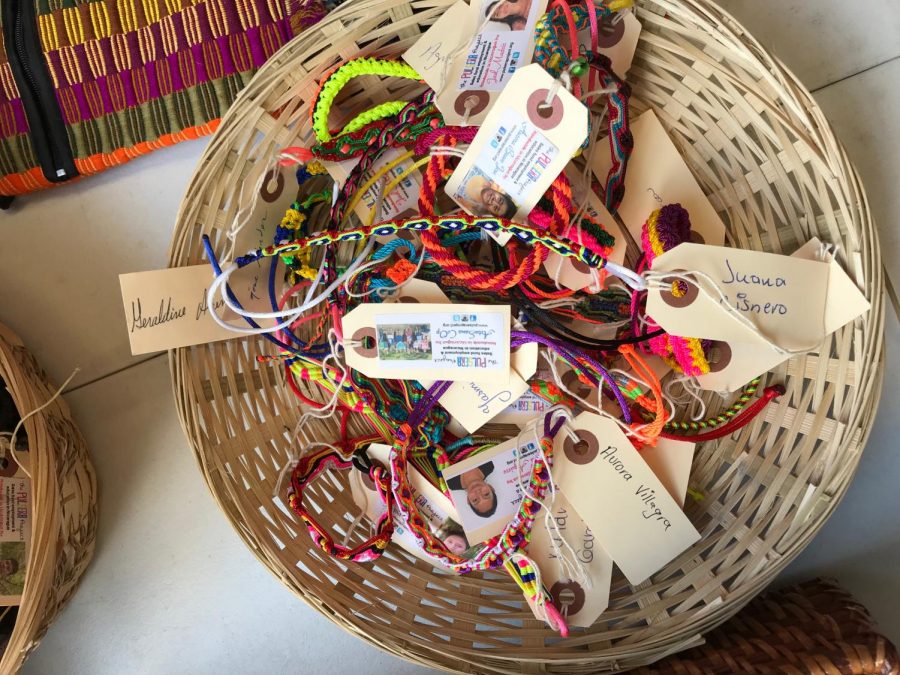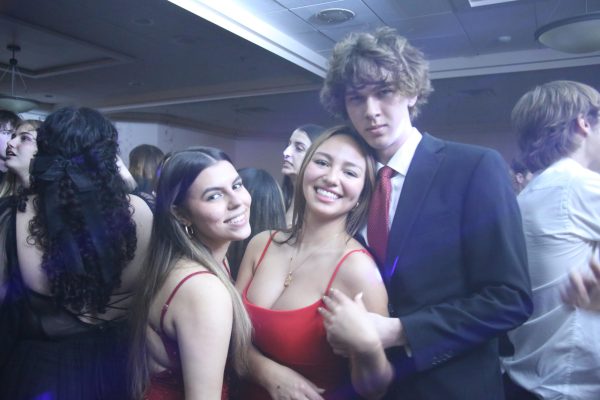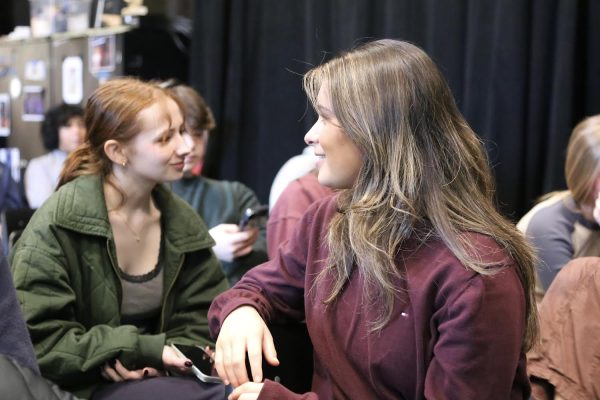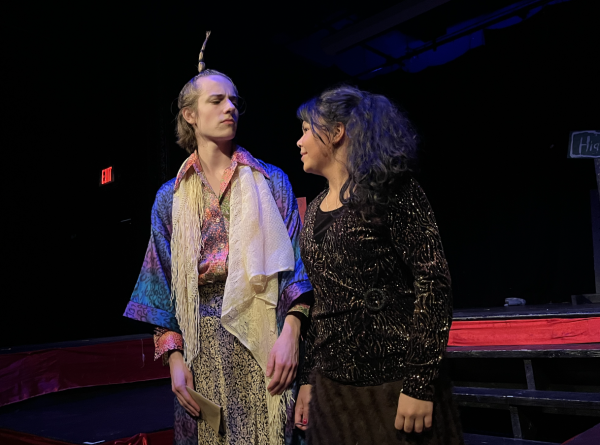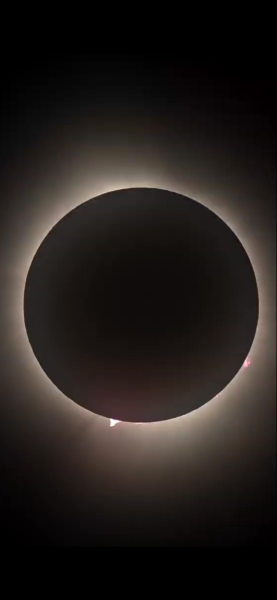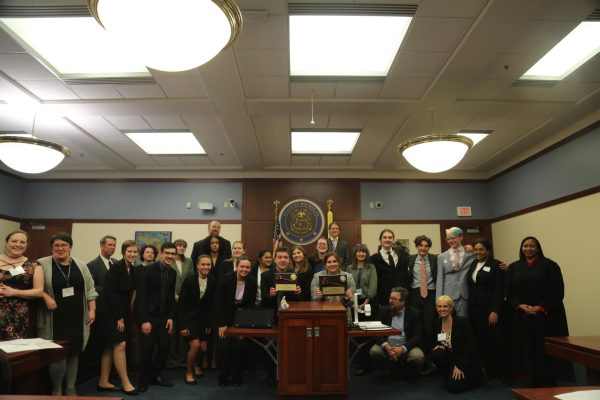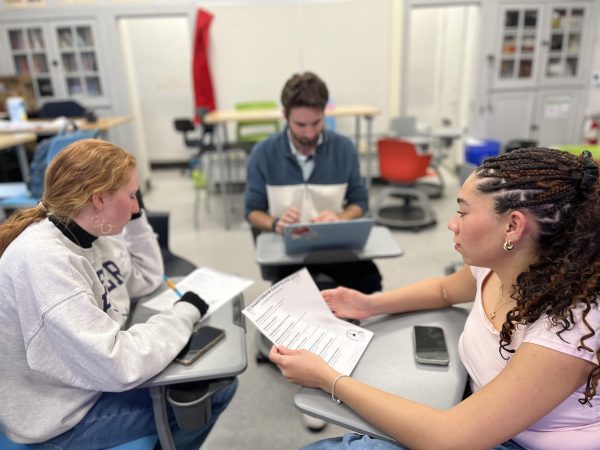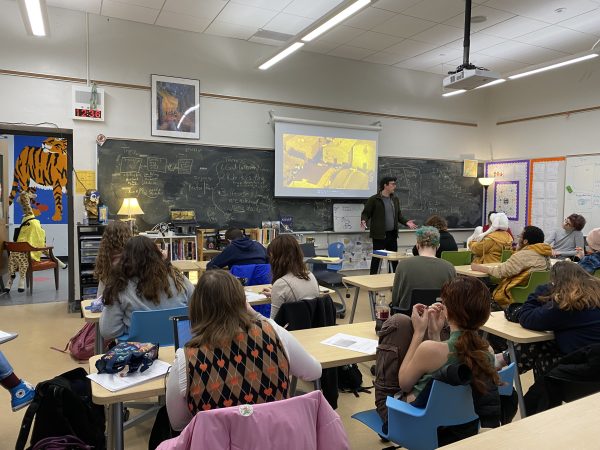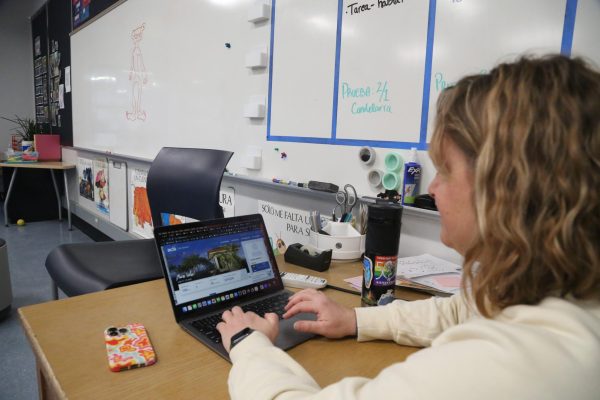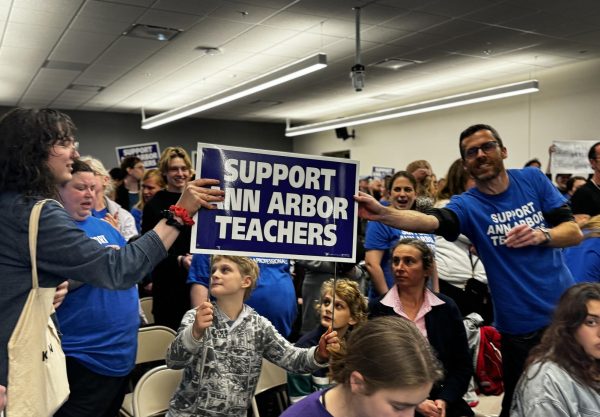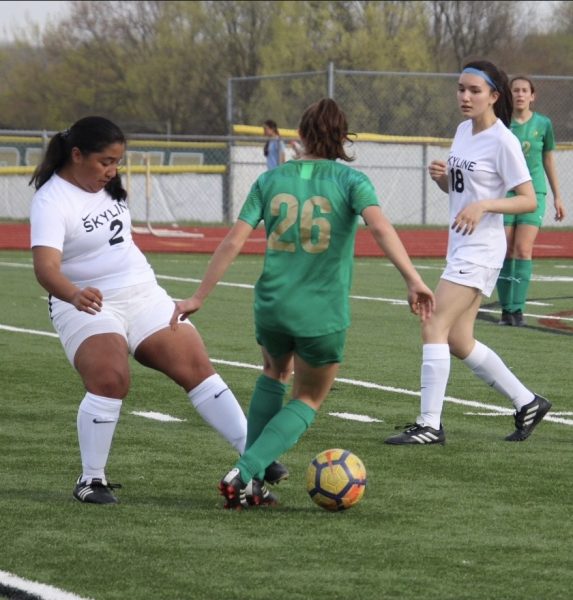Students Sell Bracelets to Support the Pulsera Project
A table filled with colorful bracelets and patterned purses stands in the 3rd floor hallway.
Students from Spanish classes sell these materials as they are happily supporting the Pulsera Project. The Pulsera Project is a non-profit organization that supports artisans in many Central American countries. Along with empowerment for the artisans, the Pulsera Project supports education, healthcare, and and organizations skills. The project has shipped bracelets to more than 2,100 schools throughout the U.S., and Community High School is one of them. The word “pulseras” means bracelets in Spanish, the sales of these bracelets employs nearly 200 artisans, and affects long lasting changes in Central American countries.
“It’s a non profit organization that takes these bracelets that the artisans make and ship them out to schools so that they can make money,” said Isabel Espinosa, one of the high schoolers participating in selling the bracelets. “Then they send all the money back to the artisans and it supports them and healthcare and education in all of these developing countries, so we’re helping them out with their jobs.”
The Pulsera Project started in 2009 by 13 friends searching for adventure during winter break. They discovered deep economic poverty and decided to do something about it. Since 2009, more than 400,000 bracelets have been sold in over 2,100 schools. As well as the amount of pulseras that have been sold, more than $2,000,000 has been raised to support the artisans and communities throughout the countries. “I think this is really good because they don’t have a market to sell it and when they do sell it, in Nicaragua and Guatemala, it’s below market rate, so they are actually losing money, and [selling it here] gives them a new market, with lots of opportunities,” said Libbie Bonovich, another student selling the materials.



